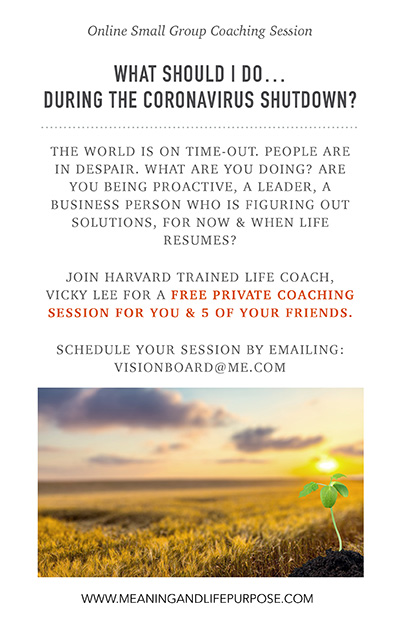“The Holiness of Pain” by Vicky Lee (talk given at Harvard, April 2017)
Talk given at Harvard for the Religion and the Practice of Peace Colloquium in April 2017. The subject was, “The Holiness of Pain.”
One day, I sat in the park all day and cried. The day did not begin that way. As I was carrying my bag full of books, I heard God call my name, “Vicky?” and I said, “What?” without missing a step or turning my face to look up at the sky. It was like one of those moments that occur right before someone tells you something special. Their secret. Like, they are dying and just want to say, “I love you.” But they don’t have the heart yet, to tell you that they have cancer. If I had paused, I would have noticed his emotions. But instead, I felt his countenance warming my cheek with the morning sun.
I sat down at a picnic table, took out my laptop and started to type what he was saying. I was expecting to transcribe another life lesson as God had been tutoring me in this way for decades. But today was different. He began telling me that Christ is love. When I looked up from my laptop, everything around me looked like love. I could see the love, the Christ within everything. People were walking their dogs and I could see the love in the dog’s eyes. I could feel the love that God had for an old man bent over his walker and for his basket of plastic dog poop bags. I could see the love within the trees, a cloud, the grass, the wind. A soft peaceful glow surrounded everything. It was as if God had created all of this with kindness.
“Vicky,” he whispered into my heart, “I am going to change your life. With love.” But what he meant was that he was going to change my life with Christ’s love. I felt him asking me to give my life. He wasn’t asking me to die. He was asking me to live, like him. I felt the tenderest sentiment in my chest. I felt him trusting me and I knew—in the same way that a very young child knows of her father—that when he was making this request, that he was vulnerable. I sat with him, being very still, as I watched every bird, every bee, every blade of grass glowing with his inborn grace.
It was then that I started writing a book which has become my peace practice throughout this colloquium. What I learned in this colloquium was that our deep personal pain, which Marshall Ganz calls a personal narrative grows into what Ta-Nehisi Coates calls a cultural myth. A cultural myth is a story that we tell, like the story of race in America, that becomes truth and is no longer debatable because it’s separated from normative discourse; and thus a hallowed institution that can’t no one is allowed to challenge. That myth becomes what Daniel Shapiro calls a sacred identity. That identity becomes a religion which social scientists say serve to protect and celebrate sacredness. That religion has a what Bryan Hehir calls a double possibility to be used as an instrument for either peace or war. In other words religion can then become propaganda. That is the outward trajectory of how what’s inside the soul radiates outwards to become global politics.
Which brings me to the topic of pain. Many of the speakers in our colloquium such as Nobel Laureate Leymah Gbowee and Hugh O Doherty have echoed what I believe which is that universally—across nations, creed and class—our pain is sacred to us. We guard it, separate it from the rest of our lives and make sure it’s untouchable, which is the definition of holy. We know that historically, nations and tribes will fight holy wars over what is holy. Pain is holy.
In this course, I’ve experienced that pain is also salvation. Terrence Real, a psychotherapist who once taught at Harvard, researches men with covert depression, meaning that they don’t know that they’re depressed. Their depression stems from a trauma and traditional masculinity teaches men to not show or to numb their feelings. One day, those hidden feelings can erupt with near lethal force. This—soul murder or pain in the soul—is at the heart of an addiction to violence. He, as well as Donna Hicks and Marc Gopin, say that ending violence means honoring that pain.
When I was trying to write my book, I had to utilize what we practiced in our Religions and Peace Practice Program, which Ken Wilber calls practicing “the wound of love,” which means that I wasn’t just listening to someone’s pain, but I was also listening for their pain. This felt like mourning, which Wilbur writes is “a brutal form of emptiness. Just as ice must melt before it can begin to flow,” he says, “we, too, must become liquid before we can flow into the larger mind.” He calls it “touching divine compassion.” I realized that I could only do that when I experienced and saw others willing to be in their pain. Not talking around their pain, theorizing about it, intellectualizing it, problematizing it or offering a way to resolve or end pain. But just being willing to feel it, to share it, to open to that pain and then finally to accept it, whether or not it would eventually be healed. Many of you willingly let me experience your pain and in that holiness, I saw and I felt God. Thank you for that opportunity.
